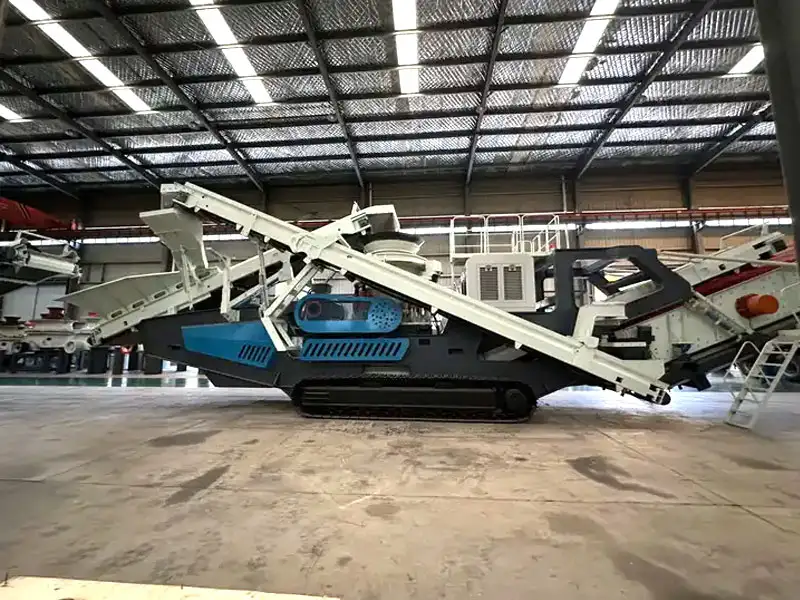Understanding Cone Crushers: Essential Insights for the Manufacturing Industry
Sep 14,2025

Cone crushers are a type of compression crusher used to crush various materials such as rocks, ores, and minerals. They work by utilizing a rotating mantle within a concave bowl, effectively breaking down the material as it passes through. This type of crusher is particularly favored for its ability to produce a consistent, uniform particle shape, which is crucial in many manufacturing processes.
One of the primary applications of cone crushers is in the mining and construction industries. They are primarily used for secondary and tertiary crushing stages, allowing for the further reduction of material size after primary crushing. This capability is essential for producing aggregates and ensuring that the final product meets specific size requirements for different applications.
When considering a cone crusher, it is important to evaluate its operational efficiency. Key factors that influence efficiency include the design of the crushing chamber, the speed of the mantle, and the quality of the materials being processed. A well-designed cone crusher can deliver high throughput and reduce operational costs, making it a valuable asset in any processing facility.
Maintenance is another critical aspect of operating cone crushers. Regular inspections and servicing can significantly extend the lifespan of the equipment and ensure optimal performance. It is advisable to monitor wear parts such as the mantle and concave for signs of deterioration, as their condition directly affects the crushing efficiency and product quality. Implementing a routine maintenance schedule, along with keeping spare parts on hand, can minimize downtime and maintain production efficiency.
Additionally, understanding the various types of cone crushers available is beneficial. There are standard and short-head models, each designed for different applications. Standard cone crushers are ideal for the production of finer materials, while short-head models are better suited for creating coarser products. This knowledge can help industry professionals select the right equipment for their specific needs.
In conclusion, cone crushers play an indispensable role in the manufacturing and processing machinery sector. By understanding their operation, maintaining them effectively, and choosing the right type for specific applications, professionals can enhance productivity and achieve greater efficiency in their operations. Whether in mining, construction, or aggregate production, the right cone crusher can make a significant difference in the quality and cost-effectiveness of the final product.
One of the primary applications of cone crushers is in the mining and construction industries. They are primarily used for secondary and tertiary crushing stages, allowing for the further reduction of material size after primary crushing. This capability is essential for producing aggregates and ensuring that the final product meets specific size requirements for different applications.
When considering a cone crusher, it is important to evaluate its operational efficiency. Key factors that influence efficiency include the design of the crushing chamber, the speed of the mantle, and the quality of the materials being processed. A well-designed cone crusher can deliver high throughput and reduce operational costs, making it a valuable asset in any processing facility.
Maintenance is another critical aspect of operating cone crushers. Regular inspections and servicing can significantly extend the lifespan of the equipment and ensure optimal performance. It is advisable to monitor wear parts such as the mantle and concave for signs of deterioration, as their condition directly affects the crushing efficiency and product quality. Implementing a routine maintenance schedule, along with keeping spare parts on hand, can minimize downtime and maintain production efficiency.
Additionally, understanding the various types of cone crushers available is beneficial. There are standard and short-head models, each designed for different applications. Standard cone crushers are ideal for the production of finer materials, while short-head models are better suited for creating coarser products. This knowledge can help industry professionals select the right equipment for their specific needs.
In conclusion, cone crushers play an indispensable role in the manufacturing and processing machinery sector. By understanding their operation, maintaining them effectively, and choosing the right type for specific applications, professionals can enhance productivity and achieve greater efficiency in their operations. Whether in mining, construction, or aggregate production, the right cone crusher can make a significant difference in the quality and cost-effectiveness of the final product.
PREVIOUS:

